Maximizing Tax Credits and Deductions as a Business Owner
Running a business comes with many financial responsibilities, and one of the most important aspects is managing taxes efficiently. Understanding tax credits and deductions can help business owners reduce their taxable income and improve their bottom line. In this guide, we will explore the various tax benefits available to business owners, considerations for maximizing tax savings, and whether a business investment account is a viable option.
👉How would it feel to know exactly when you can retire and how much you can spend without running out of money? Let’s talk. In a complimentary call, I’ll walk you through your numbers and show you strategies that could help you retire with more confidence and less stress. Schedule Your Call
Understanding Tax Deductions vs. Tax Credits
• Home office deduction: If you use part of your home exclusively for business
Key Tax Strategies for Business Owners
Keep Accurate Records
Maintaining detailed financial records is essential for claiming deductions and credits. Use accounting software or hire a professional to track income and expenses throughout the year.
Plan Major Purchases Wisely
Purchasing equipment, software, or other significant business assets at the right time can maximize deductions. Section 179 allows businesses to deduct the full cost of qualifying assets in the year of purchase instead of depreciating them over time.
Maximize Retirement Contributions
Business owners can take advantage of tax-deferred retirement accounts such as:
• SIMPLE IRA: A cost-effective retirement plan for small businesses with employees
Utilize Business Investment Accounts
A business investment account can be a strategic way to grow surplus cash. Options include:
• Retirement accounts for the business: Tax-advantaged growth opportunities for both owners and employees
Hire Family Members
Employing family members can create tax advantages by shifting income to lower tax brackets and allowing the business to deduct wages paid to them.
Leverage Tax-Free Fringe Benefits
Providing tax-free benefits to employees can reduce taxable income while improving employee retention. Examples include:
• Childcare assistance
Consider Entity Structure
The type of business entity (sole proprietorship, LLC, S-Corp, or C-Corp) significantly impacts tax obligations. Consulting with a tax professional can help determine the best structure for tax efficiency.
Working with a Tax Professional
Tax laws and regulations change frequently, and professional guidance can help business owners maximize deductions and credits. A tax professional can:
• Represent your business in the event of an audit
Final Thoughts
Business owners have many opportunities to lower their tax liabilities through deductions, credits, and strategic financial planning. By keeping accurate records, planning purchases, utilizing business investment accounts, and working with a tax professional, you can optimize your tax strategy and improve your bottom line. With proactive planning, you can keep more of your hard-earned money and reinvest it into growing your business.
👉 How would it feel to know exactly when you can retire and how much you can spend without running out of money? Kind of crazy that you just found this blog… and your next step might be booking a complimentary call. In that call, we’ll explore your numbers and see what’s truly possible for you. Schedule Your Call
FAQs
What is the difference between a tax deduction and a tax credit?- A tax deduction reduces your taxable income, whereas a tax credit directly reduces the amount of tax you owe, making credits more valuable.
- The best option depends on the size of your business. A Solo 401(k) works well for self-employed individuals, while a SIMPLE IRA or SEP IRA can be beneficial for businesses with employees.
- Employing family members allows you to shift income to lower tax brackets while still deducting wages as a business expense, potentially reducing overall tax liability.
Disclaimer: Case studies are hypothetical and do not relate to an actual client of Lock Wealth Management. Clients or potential clients should not interpret any part of the content as a guarantee of achieving similar results or satisfaction if they engage Lock Wealth Management for investment advisory services.
